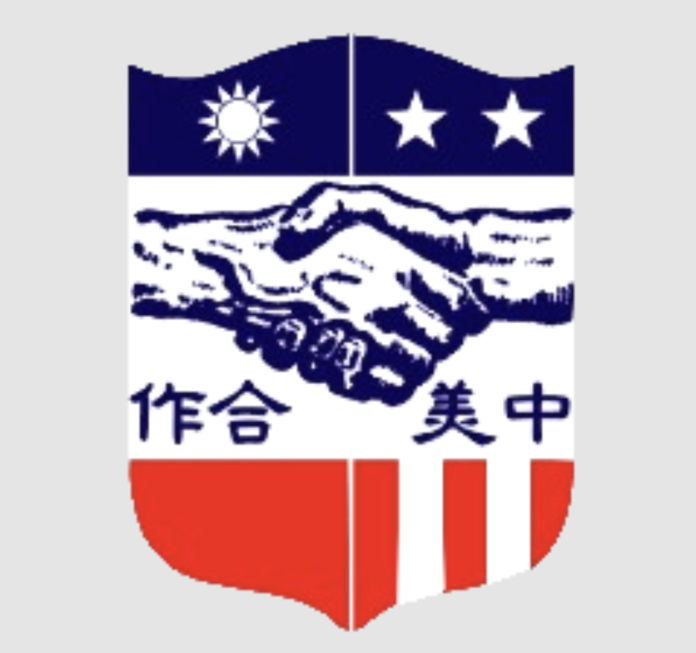President Joe Biden’s administration has approved direct military aid to Taiwan, marking the first instance of assistance under the FMF (Foreign Military Financing) program. While likely to anger Beijing (China), the decision is seen as a reflection of the United States’ commitment to supporting Taiwan’s defence capabilities in the face of growing regional tensions.
The State Department communicated the $80 million aid package to Congress, signalling a departure from the traditional method of military support through sales. Under the FMF program, usually reserved for sovereign nations, the aid to Taiwan will aim to enhance its self-defence capabilities through improved joint and combined defence measures and bolstered maritime domain awareness and maritime security capability.
For over five decades, the United States has officially recognized Beijing as China’s legitimate government, adhering to the “One China” policy. However, the Taiwan Relations Act, passed by Congress, mandates the provision of defensive weapons to Taiwan. Until now, this support has been facilitated through arms sales, treating the transactions as business exchanges.
The State Department’s decision to provide military assistance to Taiwan through the FMF program underscores Washington’s commitment to regional peace and stability, particularly in the Taiwan Strait, a critical regional and global security area. The State Department has emphasized that this aid does not imply any shift in the longstanding One China policy or recognition of Taiwan’s sovereignty.
Taiwan’s defence ministry has expressed gratitude for the aid, highlighting its potential contribution to regional peace and stability. The move has garnered support from some US lawmakers, with Representative Michael McCaul noting that the aid not only strengthens Taiwan’s defence but also serves as a deterrent against an increasingly assertive Chinese Communist Party.
In July, Biden gave Taiwan $345 million. While the $80 million aid package is relatively modest compared to recent arms sales to Taiwan, its direct nature underscores the United States’ commitment to assisting Taiwan in maintaining its self-defence capabilities. As tensions continue in the region, this decision has added another layer of complexity in the Asia-Pacific region.










